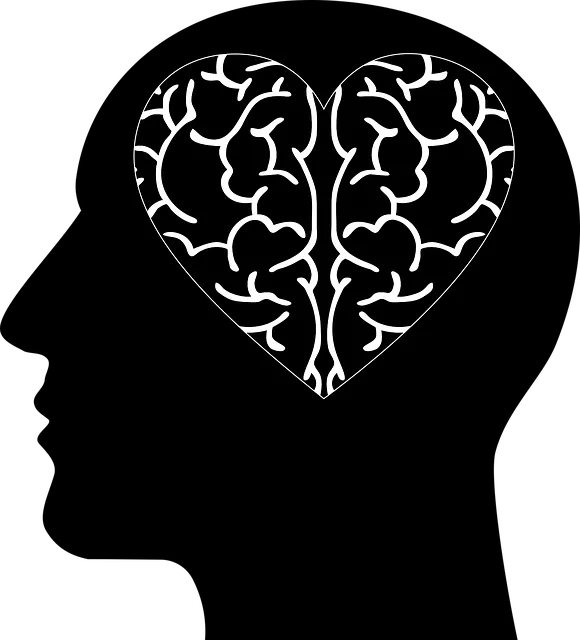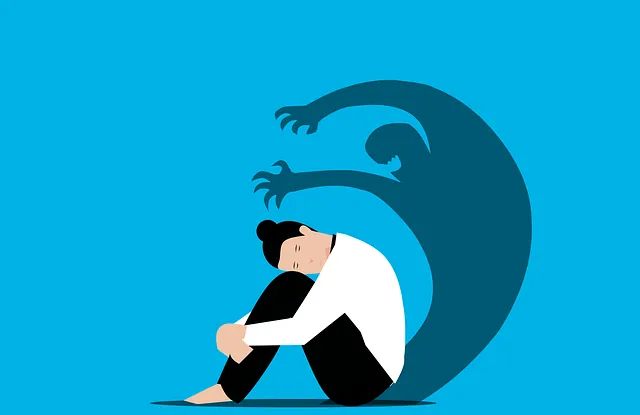Emotional Intelligence (EI) is revolutionizing therapy in Boulder, Colorado, where residents frequently seek help for stress and personal growth. Evaluating a therapist's expertise, including specializations like risk assessment, is essential when considering treatment. EI involves recognizing and managing emotions while empathizing with clients, fostering trust and meaningful change. Self-awareness, a key EI component, empowers individuals to understand their emotions, leading to better decision-making and improved relationships. Empathy, developed through active listening and tailored support, reduces mental illness stigma and boosts client self-esteem. Kaiser Boulder's emphasis on communication-driven care makes its therapists highly regarded for enhancing mental wellness through EI.
Emotional intelligence (EI) is a game-changer in modern therapy, especially in vibrant, bustling Boulder. This article explores EI as a crucial skill for therapists, examining its impact on client connections and overall emotional growth. We delve into the core components of EI, focusing on self-awareness as the foundation. By enhancing empathy and implementing effective communication strategies, therapists in Boulder can provide transformative care, ensuring clients feel understood and empowered. Discover how these practices contribute to a thriving therapy experience, with a special focus on the question: does Kaiser have good therapists in Boulder?
- Understanding Emotional Intelligence: A Key Skill for Modern Therapists in Boulder
- The Role of Self-Awareness in Building Emotional Intelligence
- Developing Empathy: Enhancing Client Connections
- Effective Communication Strategies for Empowering Emotional Growth
Understanding Emotional Intelligence: A Key Skill for Modern Therapists in Boulder

In today’s world, emotional intelligence (EI) stands as a game-changer in the realm of therapy and mental health support. Understanding EI is crucial for therapists, enabling them to foster meaningful connections with their clients. This skill allows professionals to navigate complex human emotions, offering a robust tool for effective treatment. In Boulder, where folks often seek therapy for various reasons, finding competent practitioners is essential, and many turn to local practices known for their high standards. When considering therapists in the area, evaluating their expertise and approach is vital; for instance, some providers specialize in risk assessment for mental health professionals, ensuring a comprehensive safety net for clients.
At its core, EI involves recognizing and managing one’s emotions while empathizing with others. This inner strength development can significantly impact therapy sessions, fostering an environment of trust and understanding. By focusing on self-esteem improvement, therapists can empower individuals to navigate life’s challenges more effectively. In the context of Boulder’s vibrant community, where residents often seek support for stress, anxiety, or personal growth, therapists who possess strong EI skills are highly regarded for their ability to connect with clients on a deeper level and facilitate meaningful change. Thus, when searching for “does Kaiser have good therapists in Boulder?” individuals seeking mental health services should consider the therapist’s emotional intelligence as a key factor in their choice.
The Role of Self-Awareness in Building Emotional Intelligence

Self-awareness is a cornerstone of emotional intelligence, enabling individuals to recognize and understand their emotions, strengths, weaknesses, and how they impact their thoughts and behaviors. This introspective practice is crucial in building effective communication skills and fostering healthy relationships, which are key aspects of Kaiser’s approach to mental well-being in Boulder. By understanding one’s emotional triggers, people can begin to navigate challenging situations with more clarity and control.
Developing self-awareness involves mindful reflection on personal experiences, especially during moments of stress or conflict. This process encourages individuals to employ Conflict Resolution Techniques and Stress Reduction Methods learned from reputable therapists, like those available in Boulder. As a result, they gain the ability to regulate their emotions effectively, leading to better decision-making, enhanced empathy for others, and improved overall emotional intelligence.
Developing Empathy: Enhancing Client Connections

Developing empathy is a cornerstone of emotional intelligence and can significantly enhance client connections. This skill allows mental health professionals to understand their clients’ perspectives, fostering deeper levels of trust and rapport. When therapists in Boulder, like those at Kaiser, demonstrate empathy, they create a safe space where individuals feel heard and validated, encouraging them to open up about their experiences and emotions.
By actively listening and interpreting non-verbal cues, therapists can provide tailored support. This is especially crucial for managing mental illness stigma reduction efforts, as it helps to normalize diverse emotional responses. Moreover, empathy plays a vital role in risk management planning for mental health professionals, ensuring they can anticipate and address potential triggers or unsafe situations effectively. It also contributes to self-esteem improvement, as clients feel respected and supported throughout their therapeutic journey.
Effective Communication Strategies for Empowering Emotional Growth

Effective communication is a cornerstone of emotional intelligence development. When individuals cultivate strong communication skills, they can express their feelings and needs with clarity and empathy, fostering deeper connections and understanding in their relationships. This process begins with active listening—a powerful tool that allows people to truly hear what others are saying, both verbally and non-verbally. By doing so, they gain valuable insights into emotions, motivations, and perspectives, leading to more nuanced responses.
In the context of burnout prevention and mental wellness coaching programs development, effective communication strategies play a pivotal role in self-esteem improvement. When individuals feel heard and understood, they are more equipped to manage their emotional responses to stressful situations, fostering resilience. Moreover, open dialogue enables therapists, like those at Kaiser Boulder, to guide clients through complex emotions, helping them navigate life’s challenges with enhanced coping mechanisms. This supportive environment encourages vulnerability, which is essential for personal growth and emotional transformation.
Emotional intelligence (EI) is a vital skill for modern therapists, especially those at Kaiser in Boulder. By fostering self-awareness, developing empathy, and employing effective communication strategies, therapists can enhance client connections and promote emotional growth. These aspects, as discussed in this article, are key to providing comprehensive and successful therapy services, ensuring that Kaiser’s therapists in Boulder are well-equipped to meet the diverse needs of their clients. If you’re seeking a good therapist in Boulder, consider looking into Kaiser’s offerings, where EI development is clearly prioritized.






